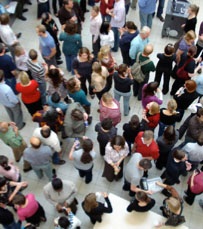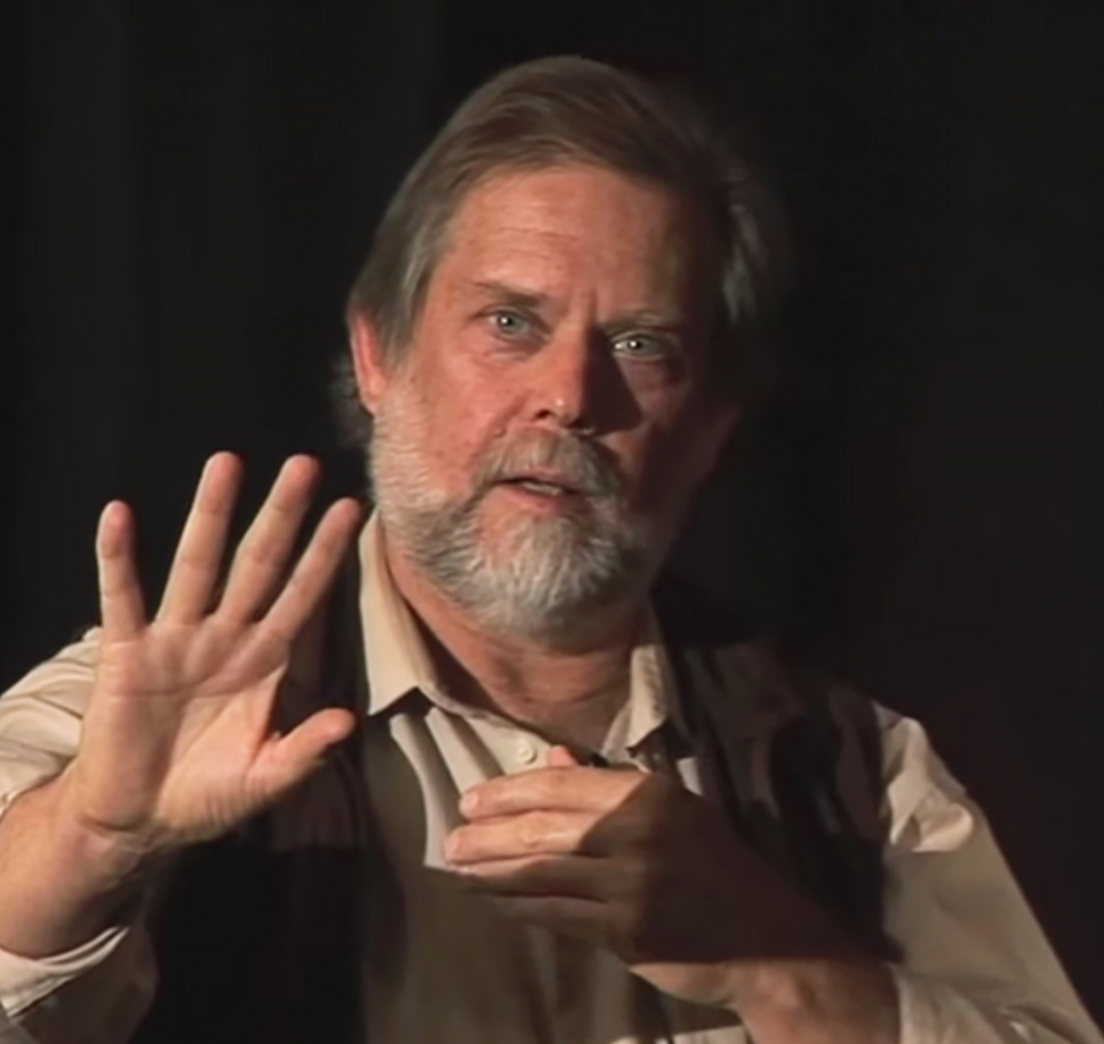The wealth of new technologies (Big Data, IA, robotics, nanotechnology, nanotubes, nanofibres, biotechnology, quantum computing, etc.) currently undergoing exponential growth must force us to seriously consider how we humans wish to live with the knowledge, technology and possibilities – both good and bad – that come along with it.
A revival of Religions?

Published in La Vanguardia, April 16th, 2006
Intervention by Marià Corbí in the discussion: A revival of religions?
Translation by Susana Mate
It is being said that religions have regained their appeal. Is it true that they are again fascinating people? In our societies we find simultaneously a clear, global and explicit rejection of religion by a wide majority of the population, and a growing interest in it. If we reflect on this contradictory attitude, we can observe two very different social phenomena, both under the term “religion”. It doesn´t seem to be a genuine revival of old beliefs and religious structures, though. It is more a completely new phenomenon: spirituality is becoming autonomic within religion.
The so-called revival of religion is a very ambiguous phenomenon.
Islam is again appealing to the masses at the clamor of “Islam is the solution”. What are Arab countries, Afghans and Pakistanis looking for when they turn to Islam as the solution to their problems? It is not so much spirituality as it is a firm cornerstone for their identity as a culture and as people, against a North that is oppressive economically, military and culturally. It is not at all clear that the various Islamic phenomena are exclusively religious in nature.
In Europe, if we are to understand religion as the submission of mind and heart to a framework of truths, beliefs and sacred principles; as the submission and affiliation to a religious organization that has absolute pretensions over the life of individuals and communities in relation to family, sexuality, health and behavior in general, then people are not interested in religion, they turn their backs on it. For younger generations, for the educated middle class and for the cultural elite, the rejection of religion in the sense that we have explained is so absolute, for the vast majority, that it is not even a problem anymore. Never before did organized religions have so little credit and cultural approval, even from an spiritual point of view.
WHAT IS FASCINATING IN EUROPE NOW, even if only in small although ever-growing circles of seekers, is a kind of spirituality free of submission to beliefs, without church affiliation, a non-religious, lay spirituality. Among these seekers there are some -a minority- who are seeking rationally; and there is a majority who are doing so by mixing the highest forms with the lowest, that which has been consecrated by millenary traditions with fringe esotericism, popular yoga or astrology. Side by side with the increase of the authentic search, the need to escape from a flat and disenchanting reality is also spreading.
Along these lines we find too an increase, specially in North and South America, of different forms of Christianity such as the Baptist and Pentecostal. In these denominations, beliefs are not important, but remain in the shadow to better emphasize the use of techniques of collective exultation to be reached through passionate and moving speeches, music and dance until they provoke something like a collective ectasis, as if it were a new form a shamanism. In North America, the new societies are experiencing constant changes and risks and this compels the individuals to live in a reality of ruthless competition and frequent moving from one place to another around the country for work. Such uprooting pushes them to seek refuge, shelter, human warmth and affection in the religious groups. This is an escape from a tough economic and social reality, an escape from social relationships that are cold, pragmatic-driven, flat and lacking in cordiality and affection. Likewise, this uprooting and the harshness of their living conditions compel many people in South America to look for the human closeness and embrace of Christian groups referred to as Evangelical. People flee from isolation and despair.
Simultaneous growth in disbelief, credulity and spirituality. In a short period of time, human life lost all of its sacred dimension and the world became disenchanted, reduced to nothing but its practical dimension in a hard economic, scientific and technological struggle. This religious groups, with their discourse and rituals, provide religious emotions and human closeness. They cast a charm on reality again.
IS THIS A REVIVAL of the interest in religion or the result of serious socio-cultural shortcomings?
Disbelief and credulity are growing in our societies. But it is of essence to point out where the disbelief is going and where the credulity. Disbelief is growing regarding organized religion and its dogmas and rules. Credulity is growing in the affective-experiential and esoteric areas, which consist more in wanting to believe and fantasize than in a firm belief that leans on a divine revelation.
Aside from all these ambiguities regarding the use of the term “religion”, there is a growth in the genuine seekers of spirituality. They are independent individuals or small groups with flexible ties. And these seekers work within a framework of globalization of the religious traditions. This does not mean, though, that they will necessarily converge in syncretisms or custom-made religions. It is a different approach to one’s inner life and spirituality. This search approach is not interested in religions, but in the wealth of humanity´s spiritual traditions. These are independent seekers who are not necessarily believers, but they are interested in and respectful of the wealth of traditions.
Mr. MARIÀ CORBI, Director of CETR – Center for the Study of Religious Traditions



